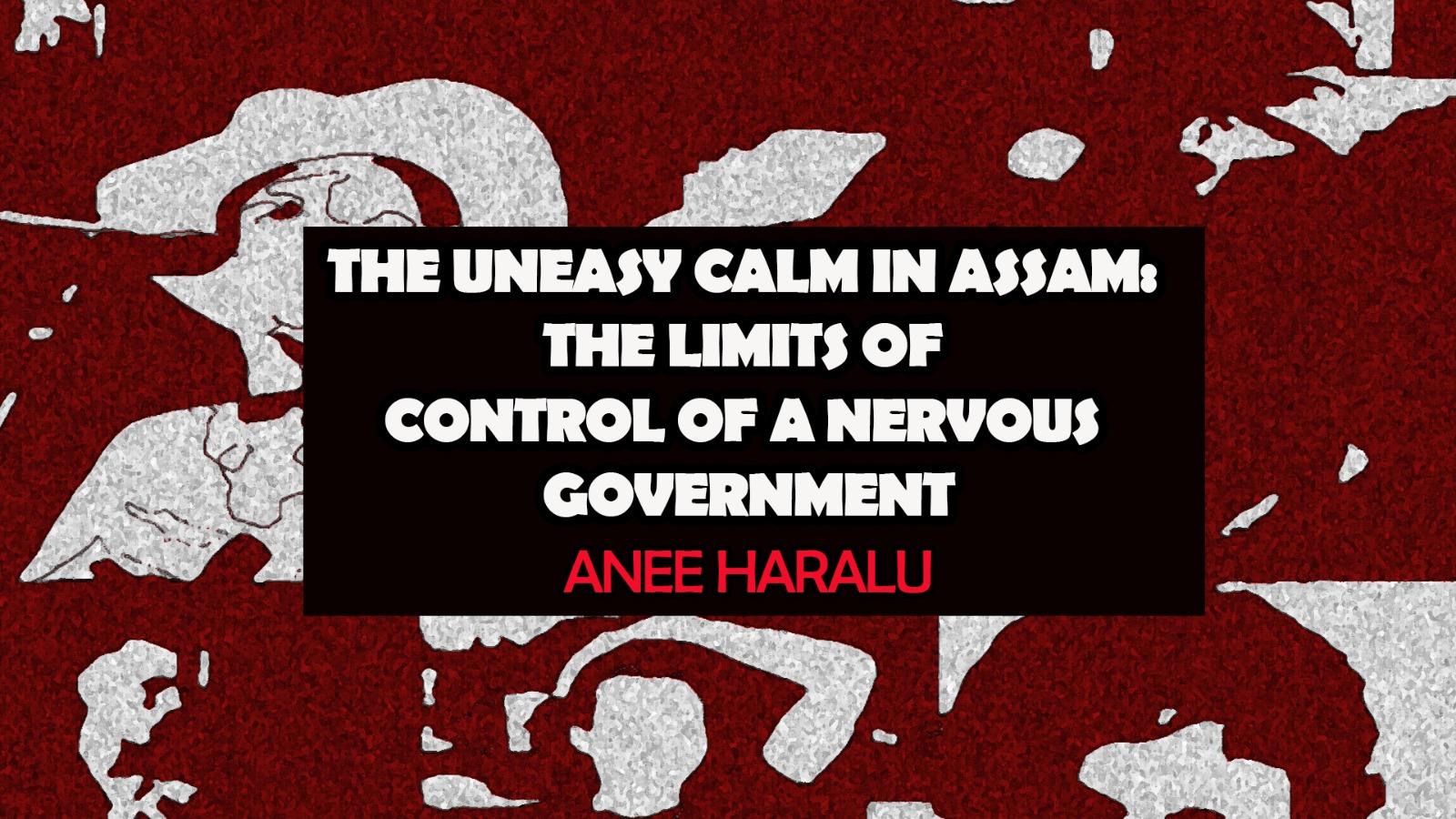The first wave of mourning is over in Assam. Posters have curled in the rain, loudspeakers have fallen silent. What followed was not silence but saturation — endless debates, looping hashtags, and the nightly theatre of #JusticeForZubeen. One Assamese channel, said to be close to a powerful Union minister from the state, announced it would not cover any other story on prime time television until justice was served.
What remains now is analysis, Assam’s familiar habit of explaining emotion after it has passed. This wave of emotion had a cause and a face. The trigger was the sudden and, to many, suspicious death of the beloved icon Zubeen Garg in Singapore.
Guwahati moves in a familiar rhythm of celebration from Bohag Bihu to the New Year, where reverence and indulgence often share the same day. On September 17, Vishwakarma Puja carried that rhythm to its limit; Guwahati sold more than six crore rupees’ worth of liquor in a single day, among the highest on record. Two days later, the same city that had been celebrating labour and craftsmanship fell silent. The contrast between those two days captured how quickly Assam’s emotional weather can change.
The city that once celebrated together now mourned together, as if the two emotions were only different tempos of the same song. Almost immediately, the government declared five consecutive Dry Days. It was presented as a normal precaution, yet it signalled the nervousness of a state trying to calm itself. The administration seemed suspended between confusion and control, unsure how to contain the scale of emotion that followed.
Control in such moments is nothing new, but it is visible here in sharper form. The government not only polices crime or dissent, but it also regulates emotion. It reads public mood the way it reads flood forecasts, using familiar tools to prevent overflow. The Dry Day order worked as a small dam in that system.
After the singer’s death, the government also tried to manage information. Statements began arriving almost daily but haphazardly, each designed to reassure. The Chief Minister announced that India had invoked the Mutual Legal Assistance Treaty with Singapore. A Special Investigation Team was formed. Soon after, a judicial inquiry led by Justice Soumitra Saikia was set up. Each new step was meant to project progress and hold the narrative steady. Even the promise that future updates would come through the CM’s Facebook Live served the same purpose: one voice, one channel.
These measures are standard in a crisis, yet they revealed a change in tone. Himanta Biswa Sarma, who usually dominates Assam’s political space, appeared severely on the back foot for the first time in years. The administration’s machinery remains strong, but its confidence has weakened. Procedure can maintain order but it cannot build trust.
That unease soon became visible in policy. On October 7, barely ten days after the cremation, the Chief Minister announced that from November 1, the government would distribute not only free rice but also heavily subsidised lentils, salt, and sugar. He added that if the BJP won again in 2026, cooking oil would be included. Just a week earlier, in a public appeal, he had said, “Do not vote for us if we can’t give justice to Zubeen.” It was an unusual moment to announce welfare benefits and seek votes. The investigation is still open, and public anger has not yet faded. The scheme looked less like governance and more like reassurance, an effort to shift public feeling from confusion to gratitude.
Around the same time, a different but related controversy was gathering force. On October 1, the organiser of the Northeast Festival in Singapore (where Zubeen last performed), cultural impresario Shyamkanu Mahanta, was arrested by the CID. Belonging to a powerful family, Mahanta has long operated at the intersection of business, culture, and politics. His family occupies key positions across administration and academia, forming one of Assam’s most entrenched networks of influence. Mahanta’s arrest sent shockwaves through those circles and opened a new front in the political storm.
Zubeen Garg’s manager, Siddharth Sharma, was also arrested, and the police soon booked murder charges against them, and two others — singer Amritprabha Mahanta and drummer Shekhar Jyoti Goswami — were also taken into custody. Further, Opposition leaders began alleging that Golden Thread, a company associated with the Chief Minister’s wife, had organised the fashion segment of the Singapore event. The claim turned a sensitive investigation into a full political battle.
In response, the Chief Minister tried to claim that he was never close to Shyamkanu Mahanta, a striking reversal given Mahanta’s long-standing proximity to the government’s cultural and entrepreneurial initiatives. On October 5, during a press conference, Himanta Biswa Sarma went further. “They keep talking about others’ wives,” he said. “Have I talked about anyone’s family? Have I talked about [his] girlfriend who partied with Shyamkanu Mahanta?” The remark, targeting the singer-girlfriend of an opposition politician, was revealing. People have a right to question the Chief Minister’s family, but his turn to personal jibes showed a leader under pressure, struggling to regain hold over the story.
Between these events, the police briefly intensified control. Two social-media influencers, Victor Das and Ajay Phukan, were arrested from a protest site in Guwahati under the National Security Act for posts deemed provocative. The crackdown reflected a government resorting to coercion as a substitute for confidence. The same administration that until last month dictated Assam’s political tempo now finds itself reacting to rumours, social-media speculation, and public confusion that refuses to fade.
What is now unfolding in Assam is not just about one death or one investigation. It is about a government discovering that its reach has limits. For years, it seemed invincible, certain that decisive action could outpace doubt. But something has shifted. Welfare schemes and inquiries can steady the surface, yet the tremor beneath remains, quiet, persistent, and political.

